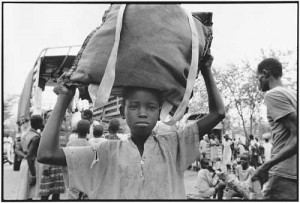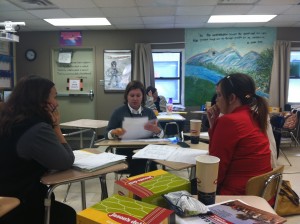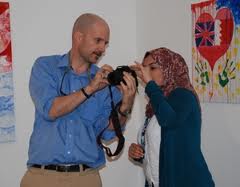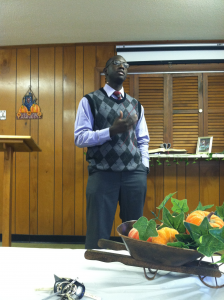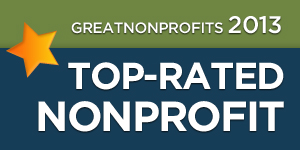Patricia Shafer, February 5, 2016
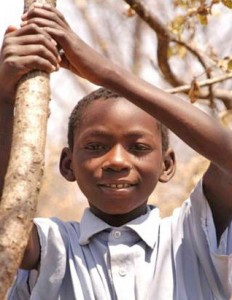 It’s always heartwarming to open letters from a young man or woman expressing gratitude. We just received a Thank You from Piet Ng’andu in Zambia and Monykong Mijak Dau in South Sudan.
It’s always heartwarming to open letters from a young man or woman expressing gratitude. We just received a Thank You from Piet Ng’andu in Zambia and Monykong Mijak Dau in South Sudan.
Piet, in his second year at Zambia’s Copperbelt University, wishes everyone a successful 2016. He received his first annual scholarship from a donor connected with Mothering Across Continents at age 13. His update includes: “I love all my courses. Calculus has been interesting as it has a lot of applications in engineering . . . I have enjoyed principles of Statics and Dynamics, as well as Surveying and Engineering 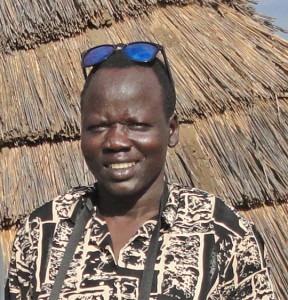 Design. I thank you for your support without which I would not have managed to achieve what I have so far. Faithfully, Piet.“
Design. I thank you for your support without which I would not have managed to achieve what I have so far. Faithfully, Piet.“
Monykong – a nephew of our Raising South Sudan project catalyst and former Lost Boy of Sudan Ngor Kur Mayol – finished high school, Nov. 14, 2015, at a boarding school in Uganda. Over the years, he received scholarship support from his uncle Ngor and a friend, supplemented by a foundation in Salisbury, NC, and several Mothering Across Continents catalysts and supporters. In his letter, he writes of God bringing sponsors into 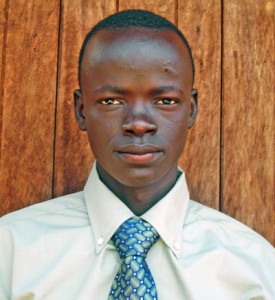 his life and feeling loved. Reflecting, Monykong writes: “Here in Africa . . . I have discovered the significant role education plays in building character, unearthing and developing human potential, for the collective benefit of both a particular nation and the world at large.”
his life and feeling loved. Reflecting, Monykong writes: “Here in Africa . . . I have discovered the significant role education plays in building character, unearthing and developing human potential, for the collective benefit of both a particular nation and the world at large.”
The thanks from Monykong and Piet remind us, in turn, to appreciate everyone who invests in another person’s development – especially a child’s. Education opens eyes and reveals a world otherwise unknown.

